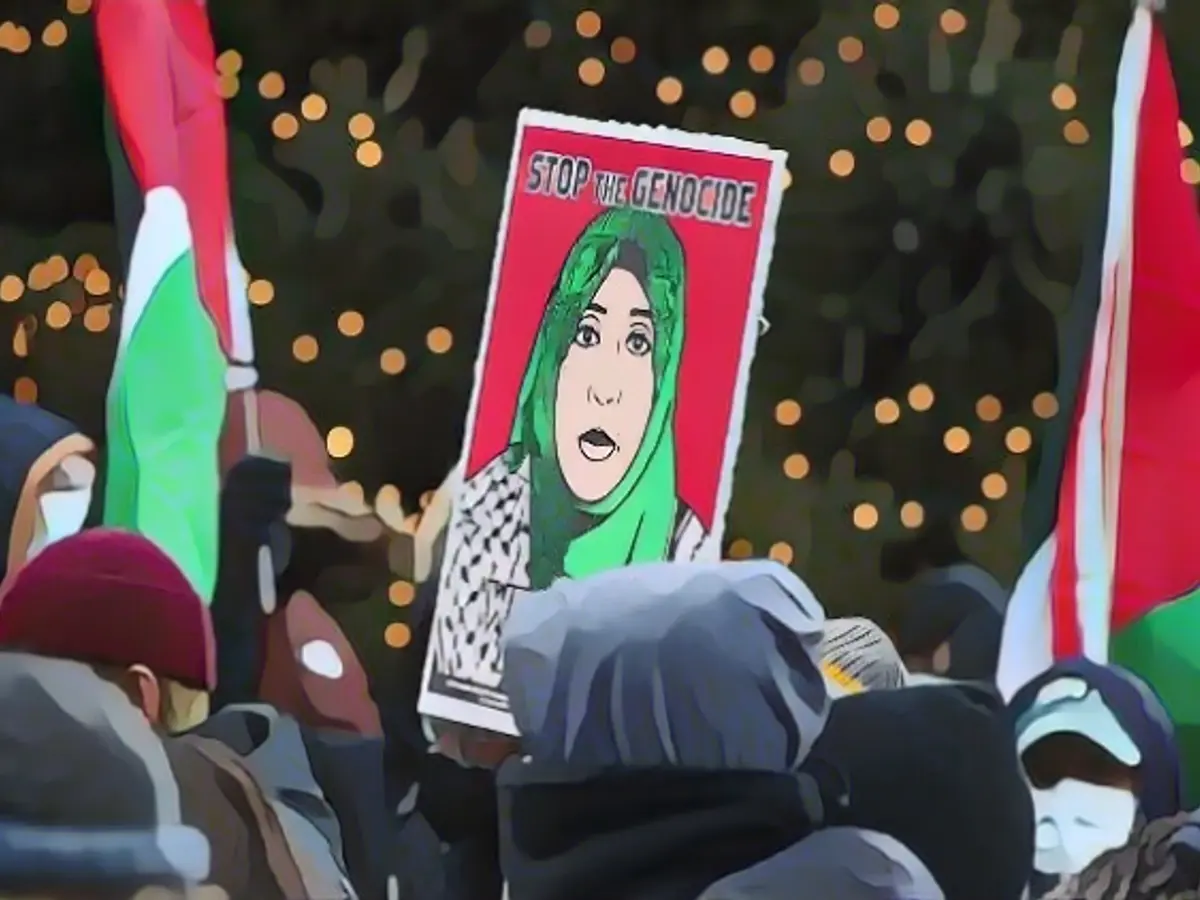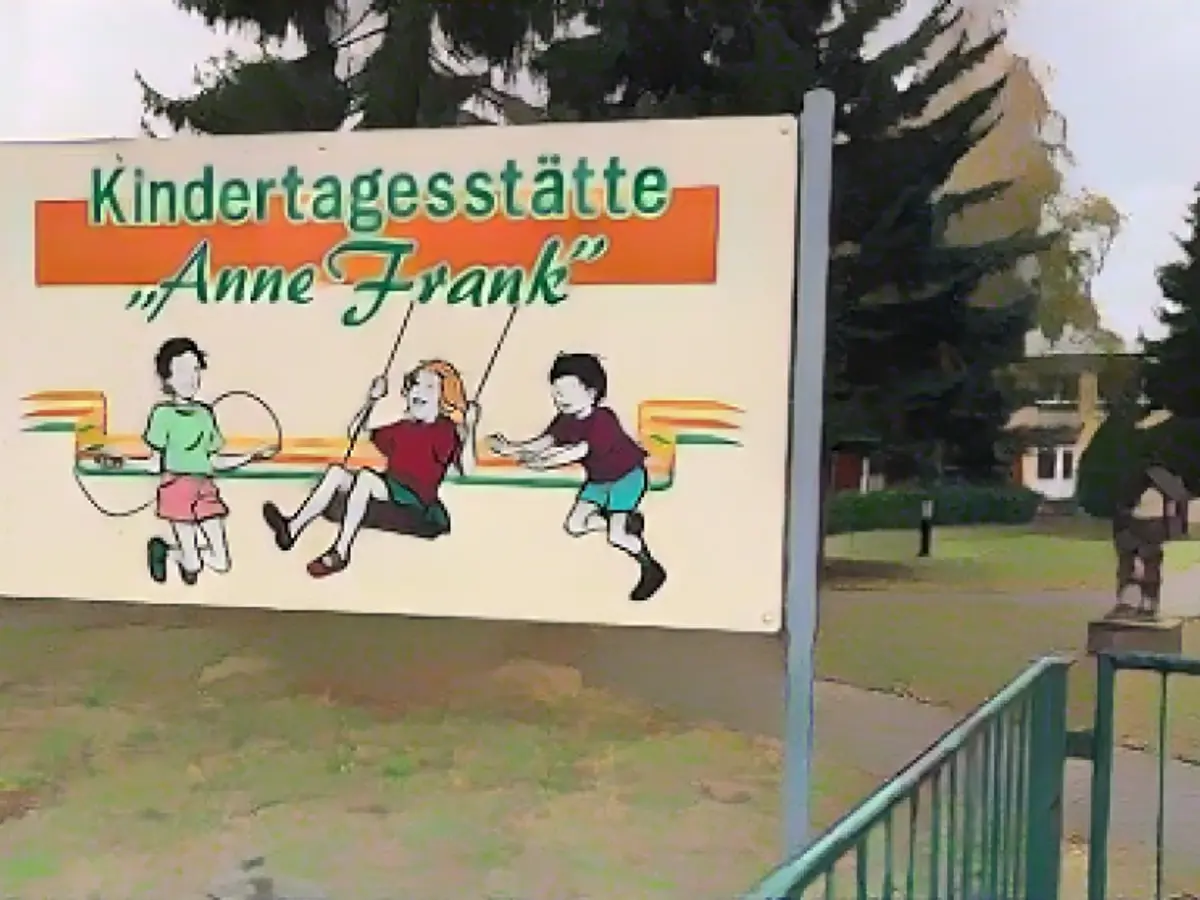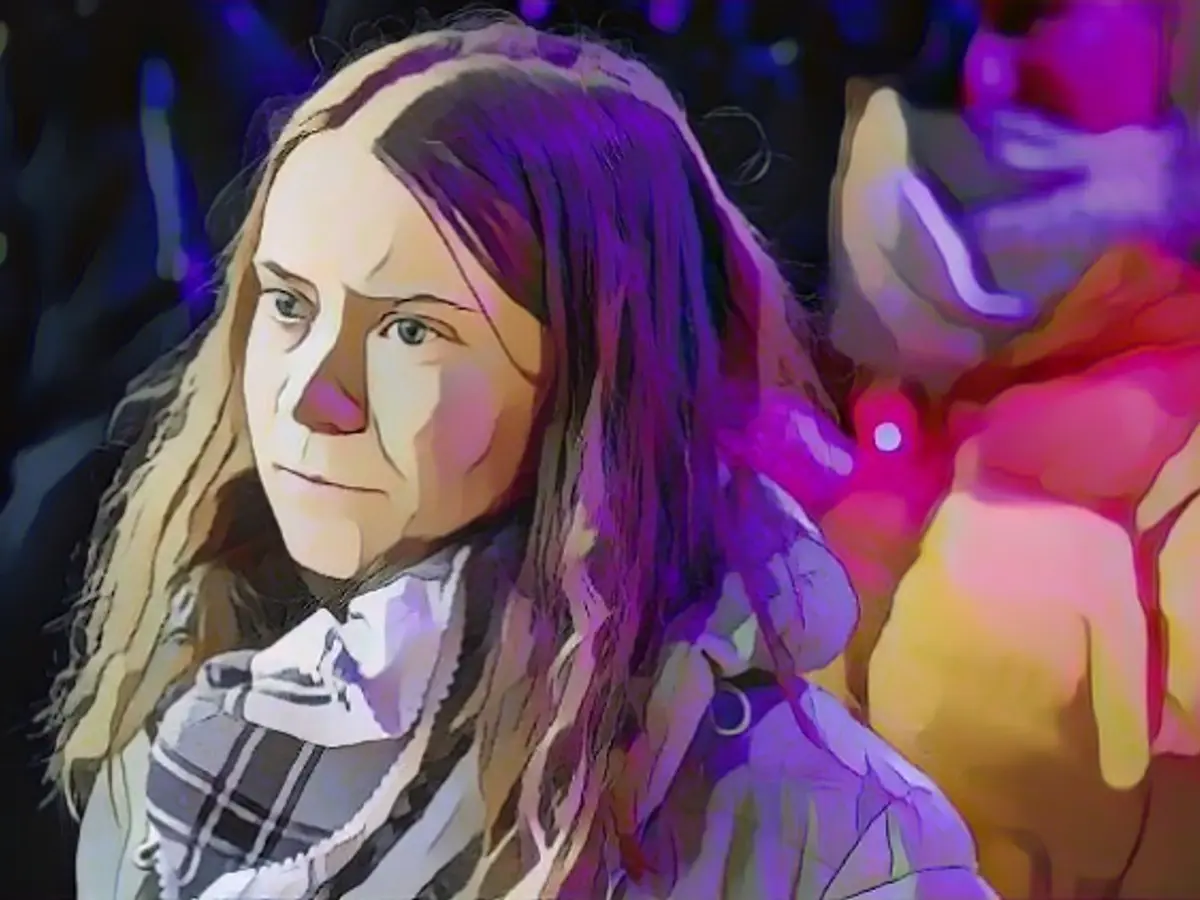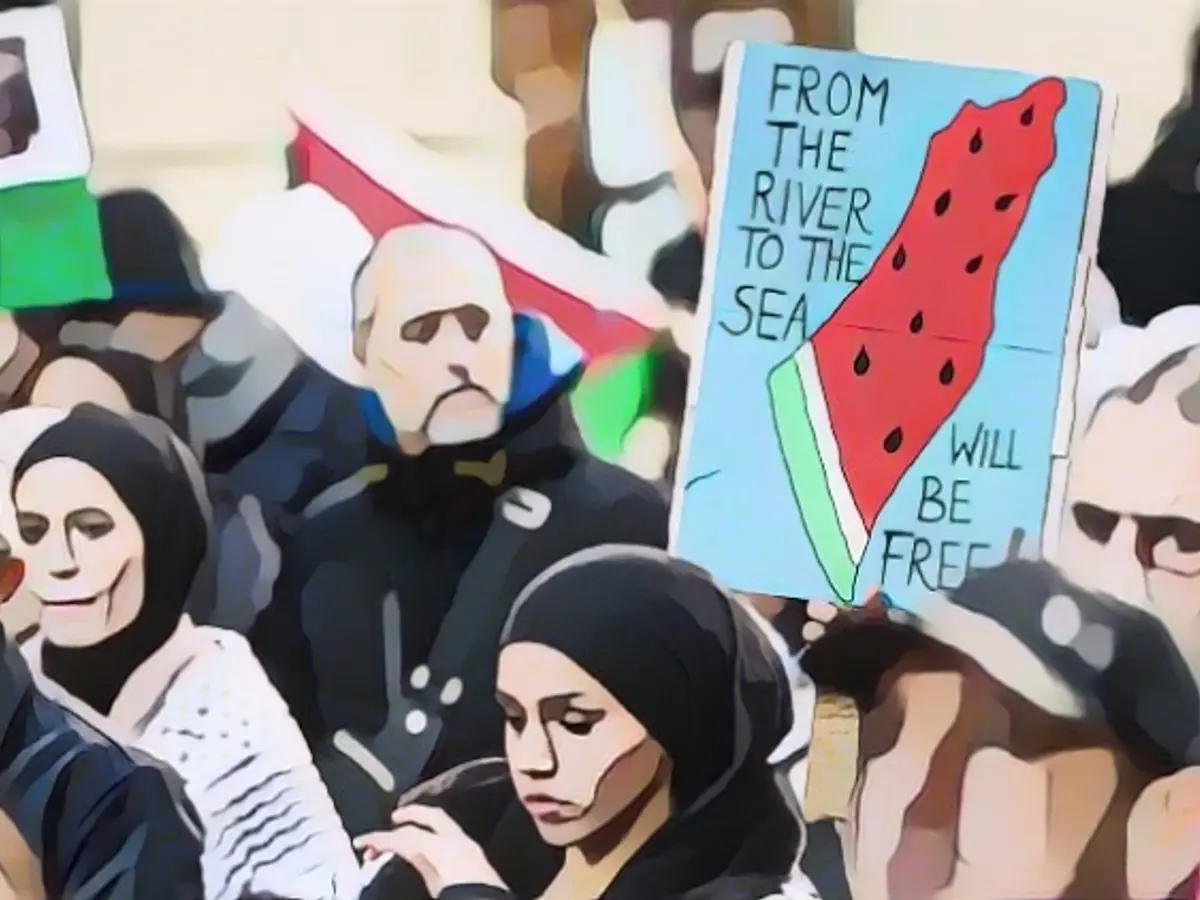Title: Peace and Respect in Ukraine: A Jew's Perspective
In Ukraine, Jews no longer live in fear. Alyona, a Jew living in Poltava, invites her friend Rita and a German expat over for Sabbath dinner, discussing the non-existent issue of anti-Semitism in Ukraine.
The war has brought about new friendships and strengthened bonds between Ukrainians and Jews. Alyona, a former athlete and current refugee aid worker, never imagined herself celebrating victories with a German. But now, they toast together over shared experiences and mutual respect.
Alyona's involvement in refugee aid for Jewish organizations like Chesed began after the Russian invasion. Even though she was declined the opportunity to serve in the military, she continues her work in the Jewish theatre, called "Jewish Happiness," where the ensemble still thrives, despite losing members due to the conflict.
During the Soviet era, Alyona attended school with Muslim children and faced no discrimination. She wears a Star of David openly around her city without any harassment. Her Muslim friends in Poltava live peacefully and even engage in friendly banter without offense.
The lack of anti-Semitic incidents in Ukraine comes as a surprise to many given the country's tumultuous history. But it's not just a surprise, it's also a testament to the Ukrainian people's evolving mentality.
Ukrainians have reshaped their approach to identity, moving away from the divisive "nationality" label that was prominent in the Soviet era. This shift has allowed for a more inclusive society, reducing prejudice and fostering harmony between different faiths and backgrounds.
Alyona describes Ukrainians as hardworking, kind, and good-hearted, emphasizing that they are like bees, working together as one. But when threatened or provoked, they become steadfast and protective, ready to defend their home.
The Israeli ambassador praises Ukraine as a pro-Israeli country, noting its lack of large-scale demonstrations in support of Palestine or Hamas. The ambassador also credits Ukraine for its cooperation with Jewish nationalists, including the Azov regiment, a diverse group of soldiers fighting against common enemies.
Surveys show that Ukraine has the lowest levels of anti-Semitic attitudes in Europe, even less than during wartime. Hasidic Jews were able to celebrate Rosh Hashanah in Ukraine without incident, an astonishing feat considering the ongoing conflict in other parts of Europe.
Despite the difficulties, Ukrainians remain optimistic about their country's future. They hope for integration into the EU and NATO, with Israel acting as a role model in promoting culture and art for societal prosperity.
In Poltava, Christoph Brumme, a German expat, has observed how the Ukrainian population has come together in unity during these trying times. He has cycled thousands of miles across the country, designed books highlighting the nation's charm, and witnessed the strength of the Ukrainian spirit.
Enrichment Data:
Ukraine's history with the Jewish community dates back to medieval times, and despite periods of anti-Semitic persecution, a lasting sense of coexistence has endured. Cultural integration and educational efforts have also helped to foster a more inclusive environment for Jewish people in Ukraine. The rise of anti-Semitic political rhetoric and actions has been met with international condemnation and decreasing mainstream acceptance. Economic and social factors have further contributed to a shifting political discourse in Ukraine, steering attention away from minority scapegoating. The international community's pressure, together with internal efforts to promote a more accurate representation of Ukraine's cultural heritage, have played essential roles in reducing anti-Semitic sentiments in the nation.








